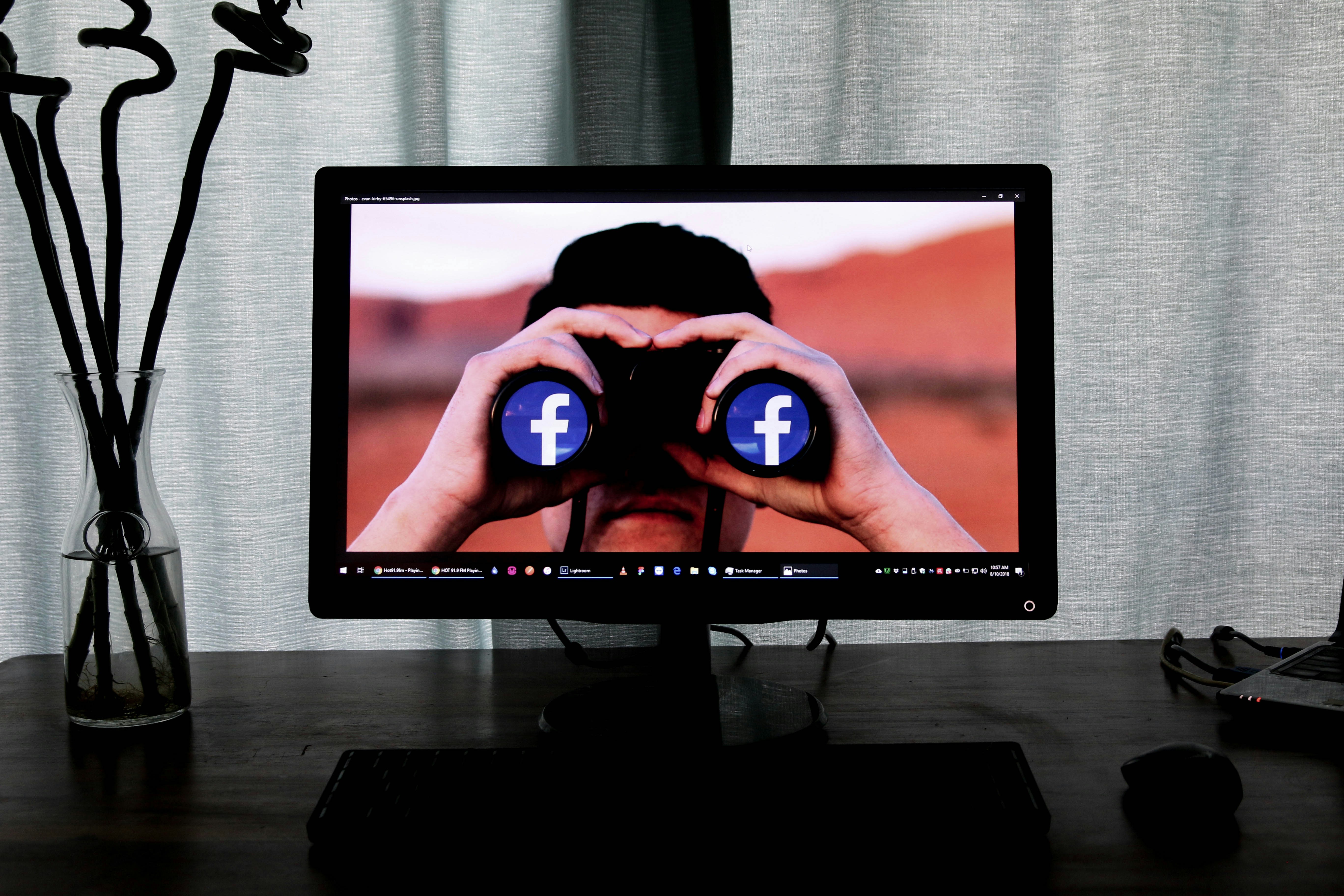The Intriguing Intersection of Generational Differences and Social Media
Generational differences have always been a compelling subject in sociology. The advent of social media, however, has added a new dimension to this topic. Read below to explore how different generations are using and being influenced by social media, and how this is shaping our society.

The Generational Divide: Defining the Terrain
In order to delve into this topic, it is essential to set the stage by defining the key players— the generations. Baby Boomers were born between 1946 and 1964, during a period of relative prosperity and optimism in the post-war era. Generation X followed (1965-1980), coming of age in a time marked by economic uncertainty and major societal changes. Then came the Millennials (1981-1996), the first generation to grow up in the digital age. Finally, we have Generation Z (1997-2012), the digitally native generation, who have never known a world without the internet.
The Social Media Landscape: A Generational Breakdown
Social media usage varies greatly among these generations. Baby Boomers, for example, tend to use social media to reconnect with old friends and keep in touch with family. Facebook is their platform of choice, and they are less likely to use other platforms such as Instagram or Snapchat. Generation X, on the other hand, uses social media for both personal and professional purposes. They are more likely than Baby Boomers to use a wider range of platforms.
Millennials and Generation Z are the most prolific users of social media. They use it for everything from staying connected with friends to consuming news, entertainment, and shopping online. Unlike the older generations, they are more likely to use platforms like Snapchat, TikTok, and Instagram.
Social Media: A Catalyst for Cultural and Societal Change
The varied usage of social media by different generations has significant implications for culture and society. For example, the way Millennials and Generation Z consume news and information on social media has led to a shift in how media organizations produce and distribute content. This has also influenced the nature of political discourse and activism, with social media becoming a platform for movements like Black Lives Matter and #MeToo.
The Impact on Inter-generational Communication
Social media is also affecting the way different generations communicate and interact with each other. It has created a new space where different generations can come together, share experiences and learn from each other. However, it has also highlighted generational divides and tensions, with different generations often having starkly different views on issues such as privacy, online etiquette, and the role of technology in society.
Wrapping Up: The Future of Generations and Social Media
The intersection of generational differences and social media is a rapidly evolving phenomenon. As new social media platforms emerge and older ones evolve, the ways in which different generations use and are influenced by these platforms will also continue to change. This, in turn, will continue to shape our culture and society in ways that we are just beginning to understand.
In conclusion, the relationship between generational differences and social media is a fascinating topic that offers a wealth of insights into the societal and cultural shifts of our time. As we continue to explore this relationship, it will undoubtedly reveal even more about the complex, dynamic nature of human society.




